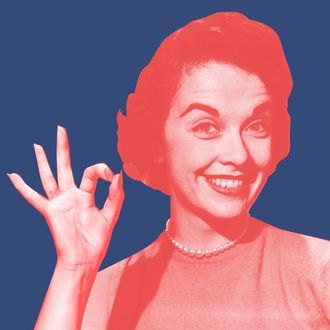
Lionel Shriver is the author of many things, including one book that I adored and another that gave me nightmares. But most recently, she’s written a lovely essay for The Guardian in which she reminisces about the years she was broke. She was writing constantly, but no one wanted to publish her work. Considering the circumstances, she should’ve been miserable.
But she says she wasn’t:
This is going to sound a stretch, but: those 12 years in the literary wilderness as a nobody, with a horribly high likelihood of getting nobodier? I think I was happy.
I’m serious. I was productive. The rejections were no picnic, but I relished writing the books themselves. A manuscript under way always gave me something to do; only while enduring the aimlessness between books was I truly glum. Otherwise, I had a sense of purpose. I knew what I wanted, which may have been more important than getting it.
Psychologists would argue that what she’s getting at here doesn’t exactly describe a happy life; it describes a meaningful one. A paper published last year in The Journal of Positive Psychology makes a distinction between the two, in that a happy life is mostly “present-oriented,” as in, your current needs and wants are being met. A meaningful life, on the other hand, is one that is squarely focused on one’s purpose.
A good life is about more than happiness, in other words. Then again, the nit-picking of terms is a little beside the point here; Shriver says she was happy because she knew her life’s purpose. And as an added bonus, knowing the purpose of your life could actually extend it, recent research has found — even if you’re a “nobody.”




